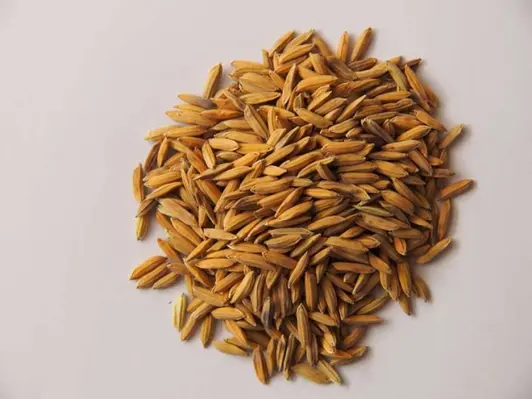In an effort to tackle climate change and environmental stresses in Africa and parts of South Asia, the Rice Breeding Task Force has announced new rice varieties
Drought, flooding, increased salinity and extreme temperatures are to blame for lower rice yields and increased stresses on farms. These new rice varieties are now tolerant of salt, cold and iron toxicity, which should help to overcome current and future impacts of climate change, IRRI said in a statement.
The research is being implemented by the International Rice Research Institute (IRRI) and AfricaRice in partnership with national programmes in 18 countries, with the support from Bill & Melinda Gates Foundation.
Since the project’s inception in 2008, the Stress-Tolerant Rice for Africa and South Asia (STRASA) partners have produced more than 15,000 tonnes of improved seed, which has been distributed to farmers. As a result, more than a thousand scientists, technicians and farmers have been trained on improved rice cultivation techniques, as well as seed production, breeding methods and enterprise management.
Climate-smart rice varieties could have the potential to improve future food security in Africa, as well as increase incomes for poor farmers.
“The best adaptation to climate change is a breeding and seed system that rapidly develops, deploys, and then replaces varieties so that farmers will always have access to varieties adapted to their current conditions,” said Gary Atlin, senior programme officer, Bill & Melinda Gates Foundation.





